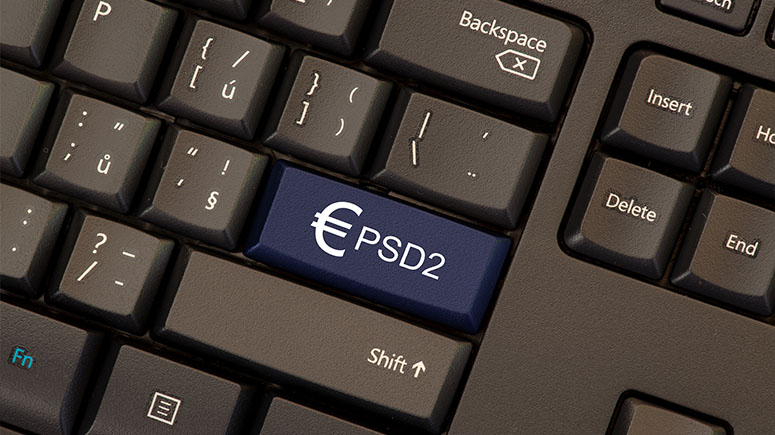15 October 2019
PSD2. You might have heard of it? Maybe got an email or letter about it? And then likely thought ‘not sure I need to read about some minor terms and conditions tweak’ and hit delete. The irony of Payment Services Directive 2 is that, behind the technical name and jargon-filled “explanations”, it could make your everyday banking more accessible than ever before.
The European Union (EU) directive paves the way for ‘Open Banking’, setting standards that put customers properly in control of their finances.
Let’s take a look at some of the key questions around it.
PSD2 follows (as logic would dictate!) on from 2007’s PSD1, which aimed to create a single market for EU payments. The meteoric rise of fintech and customer calls for greater data control since then have led to this new directive. While some elements of the PSD2 legislation have applied from 13 January 2018, it came into full force on 14 September 20191.

The main aim is to give you more financial freedom. That means added flexibility to suit your lifestyle, the power to open up your account to new services and the ability to have a global view of your payment accounts, for example current accounts, demand deposit accounts or credit cards across multiple institutions.
Banks are required to open up their infrastructure and (as long as you’ve given permission!) account data to new authorised and regulated payment service providers. This basically allows third party providers (TPPs) to develop new services that directly link to the bank and your account.
PSD2 paves the way for much, much greater choice in terms of online services and fintech apps. It will also allow companies to tailor their products specifically to your needs.
Initially, permanent tsb customers will be seeing the introduction of stronger security authentication, an updated mobile app, Business 24 authentication app, the removal of the access to Open24 mobile website on your mobile devices and other small changes. The arrival of new products, however, could take some time. For now, the framework is being established so that third parties can begin building financial services on top of banks’ application programming interfaces (APIs to you and me!).
That means freedom to innovate and increased competition. The customer benefits will then follow as new products hit the market.
While Open Banking might sound like a risk, it will actually drive improved internet security. Along with greater accessibility, the other main pillar of PSD2 is that banks must ensure that there is strong protection for access to customers banking information. This will be made a reality with enhanced security measures.
It does! Strong Customer Authentication (SCA), where you may be asked to verify your identity in two different ways, is already in use but may become more frequent.
This includes knowledge (passwords or PINs), possessions (smartphones or cards) and inherence (something unique to you, like voice recognition or a fingerprint). As the Banking & Payments Federation Ireland (BPFI) notes, there are exceptions made for convenience, such as contactless card payments. And, as previously stated, it will be you deciding who gets to access your info.

If you are a permanent tsb customer, you should have been asked to supply us with an up-to-date mobile number by now. Business24 customers also need to download the new authentication app when available.
Aside from that, nothing major is required of you. Remember, TPPs can only view your account if you choose to use these services. Before you give permission, look for proof that they are regulated either in Ireland or within the European Economic Area (EEA). A TPP should also never request your card or security details.
If you have given permission to a TPP to access your account, you can revoke it at any time by contacting them directly. For the most part, however, it’s simply a case of waiting to see what kind of beneficial Open Banking products come down the line. Watch this space…
Find out even more information on PSD2.
Permanent tsb p.l.c. is regulated by the Central Bank of Ireland.
The content of this blog does not constitute advice and is for general information purposes only. Readers should always seek professional advice before relying on anything stated in the blog. Some of the links above bring you to external websites. Your use of an external website is subject to the terms of that site
Sources
